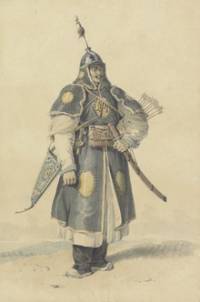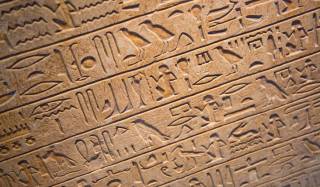Overview
Introduction - Start Here!
Style and Tone
When and Where
Glossary
News
1 | 2 | 3 | 4 | 5 | 6 | 7 | 8
Vig-Net Series
1 | 2 | 3 | 4 | 5 | 6 | 7 | 8
Results
1 | 2 | 3 | 4 | 5 | 6 | 7
Introduction - Start Here!
Style and Tone
When and Where
Glossary
News
1 | 2 | 3 | 4 | 5 | 6 | 7 | 8
Vig-Net Series
1 | 2 | 3 | 4 | 5 | 6 | 7 | 8
Results
1 | 2 | 3 | 4 | 5 | 6 | 7
This is an old revision of the document!
“I address myself to the young. They alone will have to listen to me, they alone will be able to understand me. Some people are born already old, drooling specters from the past, cryptograms tumid with poisons: to them, no words or ideas except a single injunction: the end.”
Manifesto of Futurist Musicians (Francesco Balilla Pratella)
The Ideal of History consists of the aspects of Nostalgia and Progress It deals with themes of past and future – what is keenly awaited, what is wistfully remembered and what is fearfully dreaded. Such Muses appreciate nuanced development and refinement, as well as absurd futurity; supercharged beyond all sensibility.
Muses of History have power over themes of coziness and bleeding-edge novelty, cherished golden ages and the promise of gleaming science, hope and fear, and the ideas of science and custom. The History of Past and Future is the ultimate tool to shape the world you want to see.
In Vignettes and the Dreamscape, these powers can be manifested through applications of the Muses' Skills.

The Strife Skill governs uses of powers to attack others. With History, a Muse could undermine their foes' confidence in their traditions and command structures, or blind them with dazzling flashes of exotic energies.
Some examples of applications at different power levels are:

The Subvert Skill governs stealth, duplicity, and forgery. With History, a Muse could manipulate people's allegiance to old symbols, supplanting their own, or hack their way past outdated defenses with ease.
Some examples of applications at different power levels are:

The Seek Skill governs uses of powers to gather information. With History, a Muse could ferret out useful bits of folklore and old stories about a place, or predict how a story is likely to go without outside intervention.
Some examples of applications at different power levels are:

The Sculpt Skill governs uses of powers to modify objects. With History, a Muse could borrow designs from the past or future, or change the perception of an item to be advanced or primitive than it truly is.
Some examples of applications at different power levels are: